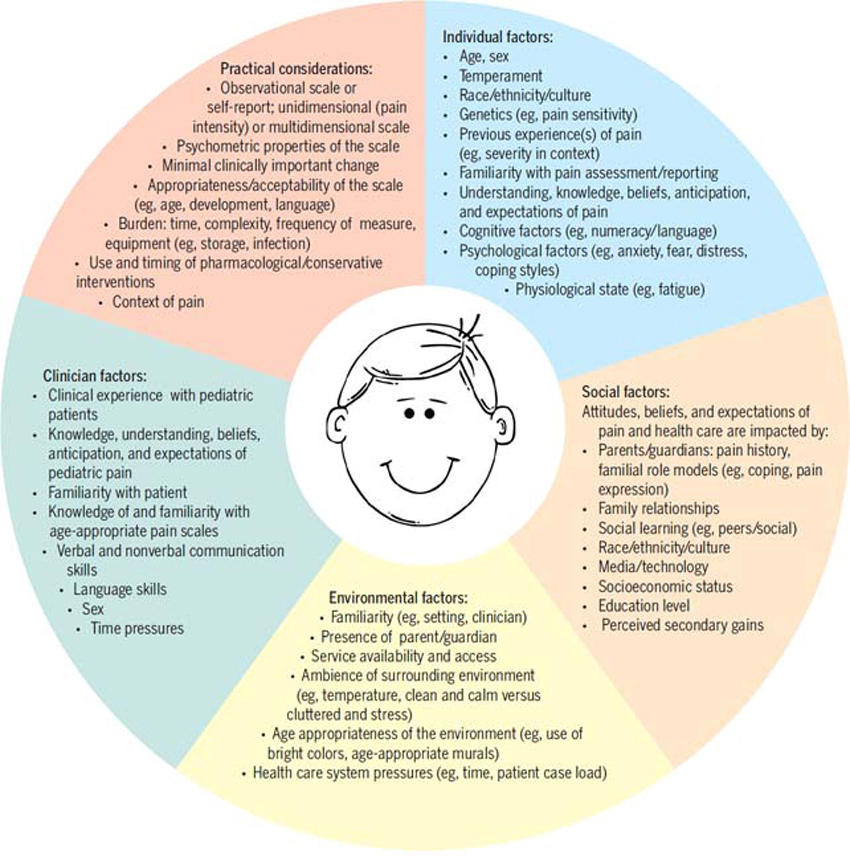New Study Ties Processed Foods To ADHD in 78% of Children
According to a new study, just published in Lancet Journal, a diet free of processed foods significantly reduces the symptoms of ADHD in 78% of 4-8 year old children. This 5-week study involving 100 subjects found that 63% of them experienced a relapse in ADHD symptoms upon re-introduction of problem foods into the diet.
This randomized crossover study was titled Effects of a Restricted Elimination Diet on the Behaviour of Children With Attention-deficit Hyperactivity Disorder (INCA study). Patients in the Netherlands and Belgium were enrolled via announcements in medical health centres and through media announcements. In the open-label phase (or first phase), children aged 4—8 years, who were diagnosed with ADHD, were randomly assigned to either 5 weeks of a restricted elimination diet (diet group) or to instructions for a healthy diet (control group). [1]
In the second phase, those children who responded positively (with an improvement of at least 40% on the ADHD rating scale) proceeded into the second phase, with a 4-week double-blind crossover food challenge, in which they were exposed to either a high-IgG or low-IgG food diet (classified on the basis of every child’s individual IgG blood test results).
Traditionally, food allergies have been defined as allergic reactions to specific foods which produce a Type I allergic reaction involving IgE (Immunoglobulin E) antibodies. An antibody is a protein used by the immune system to identify and neutralize foreign objects like bacteria and viruses. Actual IgE food allergies are somewhat uncommon, with estimates that 4% of the population have food-based allergic disorders. The most common food allergy triggers are the proteins in cow’s milk, eggs, peanuts, wheat, soy, fish, shellfish and tree nuts. IgE allergic reactions to foods can occur within minutes or a few hours after the food is eaten and may lead to many different symptoms including hives, swelling around the mouth, asthma, diarrhea, vomiting, eczema and even life threatening anaphylaxis (which is a severe adverse reaction involving the major body systems).
An alternative theory regarding food allergies is that another, more subtle form of food allergy exists. This type of food allergy (sometimes also referred to as a food sensitivity), is said to involve IgG (Immunoglobulin G) antibodies, and is believed to be measurable by an IgG ELISA/EIA Food Allergy Test. This IgG allergy theory tends to be supported more by naturopathic medicine than by traditional allergists and immunologists.
According to the IgG food allergy theory, IgG antibodies are associated with non-atopic or “delayed” food reactions that can worsen or contribute to many different health problems. These reactions are more difficult to notice since they can occur hours or even days after consumption of an offending food. Often the offenders are frequently eaten foods that are hard to avoid, such as milk, corn, and wheat. These “hidden” food allergies are said to affect as many as 60% of the population, and are believed to contribute to a variety of disorders, including ADD/ADHD, migraines, Rheumatoid Arthritis etc. [2]
This is one of the most interesting aspects of the study, because these researchers actually tracked the children’s IgG levels, from before the study began, then again following the first phase, and once more after the IgG-based food challenges (the 2nd phase).
In the second, or challenge phase, following introduction of either high-IgG or low-IgG foods, relapse of ADHD symptoms were observed in 19 of 30 (63%) children, independent of the IgG blood levels.
The authors concluded that strictly supervised restricted elimination diets are a valuable instrument to assess whether ADHD is induced by food, however prescribing diets on the basis of IgG blood tests should be discouraged.
These findings agree well with previous studies that revealed that poor diet is strongly associated with ADHD, particularly when children are exposed to foods high in preservatives and food colorings, better known as processed food or junk food .
Learn more about holistic management at:
REFERENCES:
- Effects of a Restricted Elimination Diet on the Behaviour of Children With Attention-deficit Hyperactivity Disorder (INCA study): A Randomised Controlled Trial
The Lancet 2011 (Feb 4); 377 (9764): 494–503 - IgG food allergies – are they real?
http://www.revolutionhealth.com/stories/view/99a870bcba9c42579a84dcb37ef7ad9a






Lack of physical activity can also lead to ADHD. An excellent source for any chiropractor treating ADHD is a book by Disconnected Kids: The Groundbreaking Brain Balance Program for Children by fellow chiropractor Robert Melillo.
That is a good book. I often wonder what the ADHD situation was like in the 19th and early 20th centuries when most people worked on farms. Good food, and hard physical activity on a daily basis were the norm. I’m guessing these disorders were far less prevalent if they existed at all in the rural population.
Processed foods have been one of the obvious factors involved in ADHD. The food lobby has tried hard to cover this fact up. One of the most effective ways to treat this is to have the child go on a raw food regimen for a couple weeks. Each time this was done in our clinic, dramatic improvement was noted.
Matthew
You say Processed foods have been one of the obvious factors involved in ADHD.
I’m curious: When did it first become *obvious*, and who did it become obvious to??
I’ve been following Doris Rapp M.D.’s writings for years, and our ADD/ADHD page has promoted these findings for over 10 years now. Even so, Agribusiness and the Chemical Consortia have spent untold millions to keep the public in the dark, so just like with promoting chiropractic, it will always be an uphill battle.
I’d like to remind you of a quote by William James:
A new idea
is first condemned
as ridiculous
and then is dismissed as trivial,
until finally
it becomes
what everybody knows.
– William James
Frank, I believe that being kept in the dark, or lack of education, is only a portion of the problem. The other half do know, but don’t take action, and unfortunately good health and quality of life is not motivating them to take action. I live in Massachusetts where everyone MUST have insurance. I HAVE TO as a small business supply insurance to my wife and I at a cost of $13,000.00 per year, before I pay my deductible of $2000.00 and copays. Why? Because I am being forced, like mob vig, to support the larger pool of people who refuse to take care of themselves. What should they do to help resolve the issue about kids with ADHD? Fine the parents, after all, it’s their fault the kids eat what they do.. Sorry for the rant
I believe this is a very applicable study as I have noticed, as a father of a 5 year old son and a 7 year old daughter, that it is increasingly more difficult to control their eating habits while at school and at their after school care provider. Hence, I am noticing more ADHD like tendencies in my own children. I also believe that sleep deprivation must come into the picture as well. Children are often not on a routine daily pattern like it seemed to be when there was single income family environment. I feel that also plays a large part in the diagnosis of ADHD, not to mention the sedentary lifestyle technology has contributed toward daily fitness. The bottom line is really these are all just excuses for justifying mostly poor health choices.
Maine Chiro and Kevin, I totally agree! I think The lack of physical activity contributes greatly to ADHD in our children today. Getting kids outdoors and keeping them active and eating healthy would probably cut the numbers down significantly.
Several of you have mentioned that you feel physical inactivity (seems to) contribute to ADHD. I agree that physical activity is a major contributor towards health and well-being, but can you tell me specifically how inactivity (vs chemical exposures) contribute to ADHD?
Logically, since a significant portion of our workforce is sedentary, shouldn’t there be an outbreak of ADHD in our offices? Would it not be rampant?
Hmmm…eating junk food might cause behavioral problems. What a novel idea.
Nutrition is something that I have to start being more aggressive with in my office its just seems that sometime there isn’t enough time to do everything.
RESPONSE from Frank
Nutritional Consulting can start simply, by adding a basic nutrition questionnaire to your entry paperwork, including (perhaps) a question eliciting interest in getting more information from you about it.
Some will, some won’t.
As for the time factor, we all have the same amount of time. It’s all about what you choose to spend it on that matters!
I am a chiropractor with a child that would fit into the box as ADHD. I believe the gut/brain relationship should be more recognised in ADHD. Interesting research re: gut flora and ADHD should be looked at for any practitioner treating kids with ADHD. It is easy enough to say kids should be more active, but if they are malnourished due to gut dis-ease the last thing they feel like doing is expending energy with activity!
we are trialing fermented foods at the moment with the idea to alter gut bacterial colonies, together with being more easily absorbed. i will keep you posted on my results.